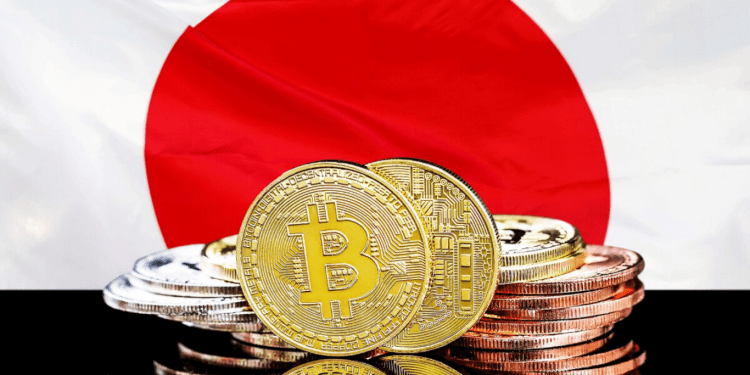- Japan to begin the enforcement of anti-money laundering for crypto.
- The rollout for stricter anti-money laundering procedures will begin in June.
- The G7 community explicitly supported adopting the travel rule for crypto transactions.
- The push for stricter crypto laws in Japan began due to the recent hacks on crypto exchanges.
- Japan’s lawmakers are involved in the decision to enforce new anti-money laundering regulations on crypto.
The Japanese parliament has begun to roll out a more arduous Anti-money laundering process in line with their current travel rule. The country’s lawmakers decided to enforce stricter controls in a bid to trace cryptocurrency transactions starting from June 1.
As of May 23, the Japanese parliament moved to roll out stricter anti-money laundering procedures starting next month, according to a report from local news outlet Kyodo News.
The decision was made to move Japan’s legal framework in line with other global crypto regulations. Japanese lawmakers first revised the anti-money legislation in December 2022 after it had been deemed insufficient by the international financial watchdog, the Financial Action Task Force (FATF).
Reports also state that a vital feature of the new anti-laundering measures is the enforcement of the travel rule to help keep a more accurate track of criminal proceeds. The travel rule requires that any financial institution processing a crypto transfer more significant than $3000 should pass on customer information to the recipient exchange or institution.
The data needed is required to include the name and address of the sender and recipient alongside their account information.
Global leaders discussed the new travel rule in May at the G7 meeting held in Japan, with the G7 committee showing its explicit support of adopting the Travel rule for crypto transactions. The G7 committee also supports the Financial Action Task Force initiatives on accelerating global standards for crypto, including the Travel rule, and its works on emerging risks, including DeFi arrangements and other peer-to-peer transactions.
Japan was one of the early crypto adopters, quickly legalizing it as property. The country’s crypto rules are some of the most stringent ones globally.
Japan’s financial regulator, The Financial Services Agency, also tightened their rules on crypto exchanges following hacks of major crypto exchanges like Coincheck and Mt.Gox.
The Financial Services Agency has implemented several rules to protect exchange customers, including separate holdings of customers and company assets, with holdings verified in annual audits.
Conclusion
Investors can borrow up to twice their investments for leveraged trades on exchanges. Other licensed crypto exchanges are required to hold onto at least 95% of their customer funds in cold wallets.
Japan’s ruling Liberal Democratic Party released a white paper to propose ways to expand the country’s crypto industry in April.
Japan is creating strict laws to protect the crypto exchanges and their users as hacks continue to skyrocket in the crypto industry.














